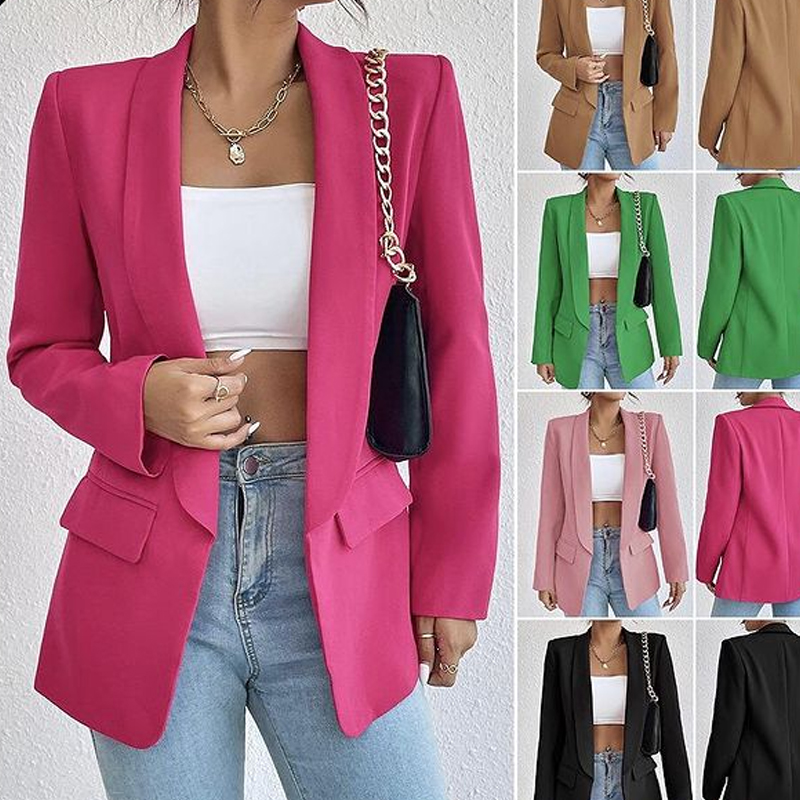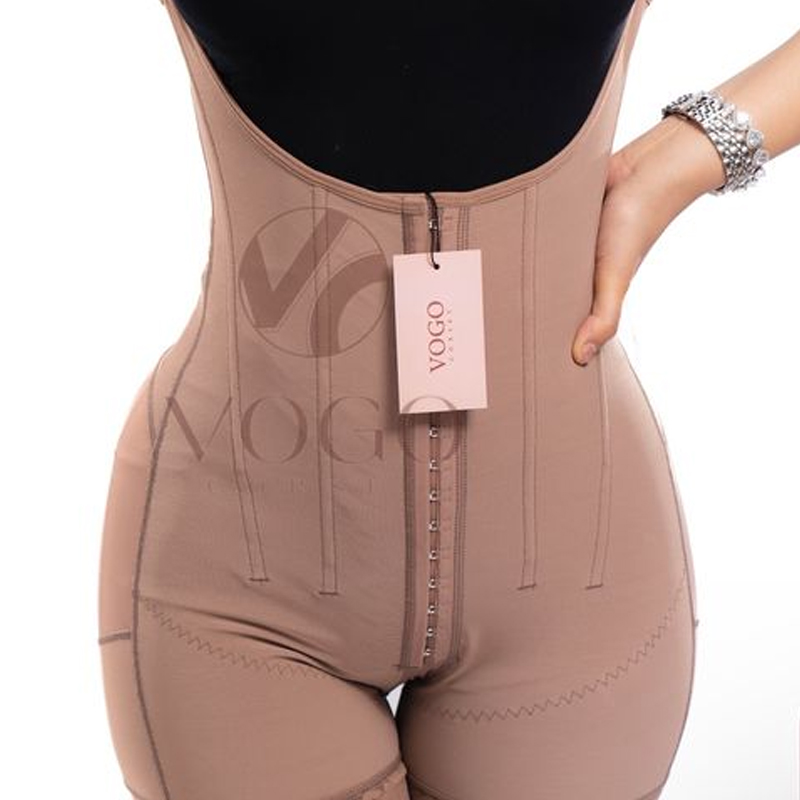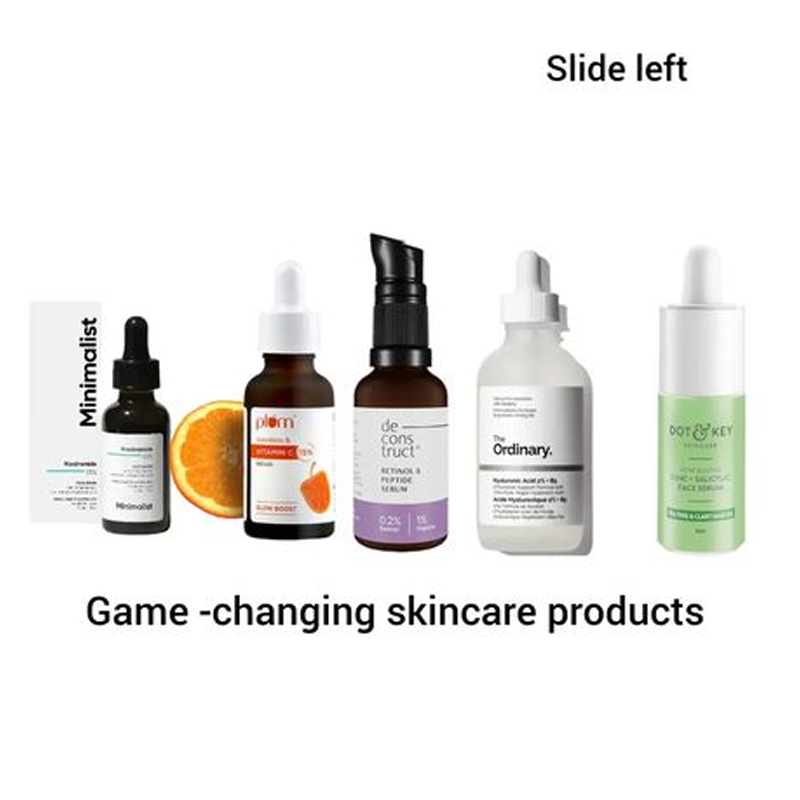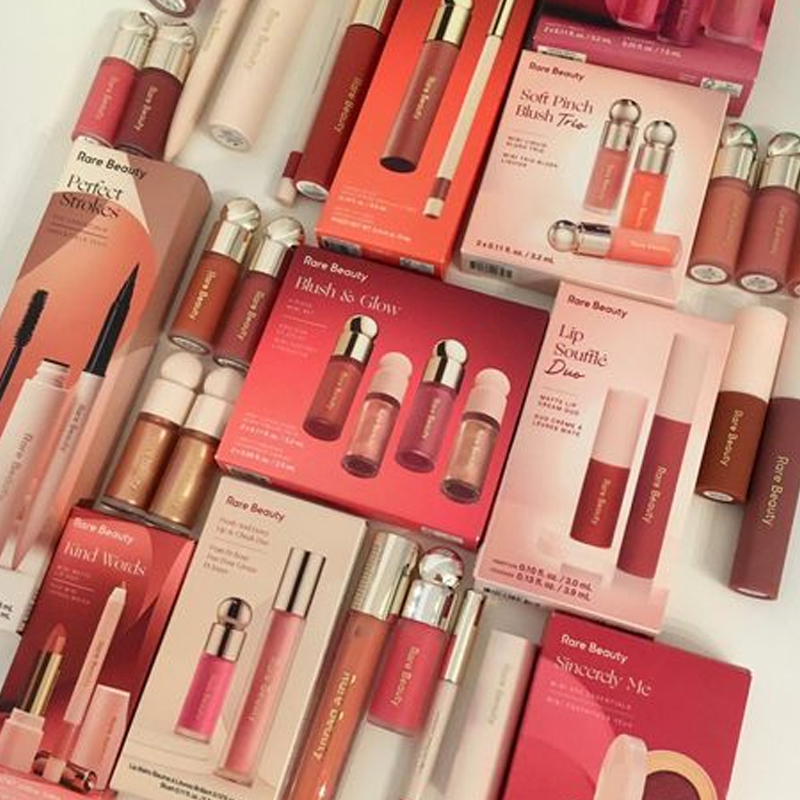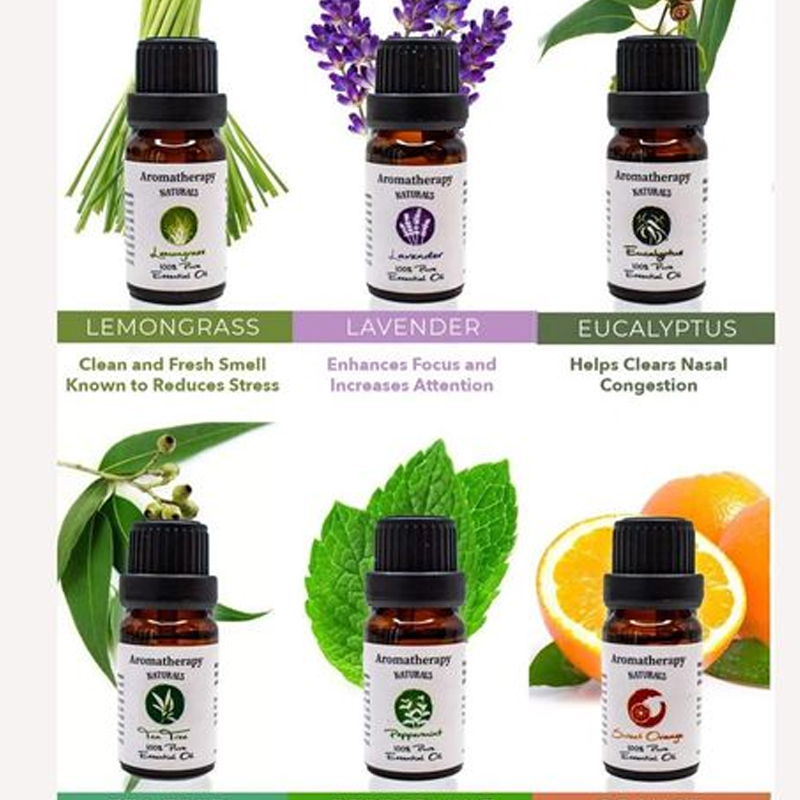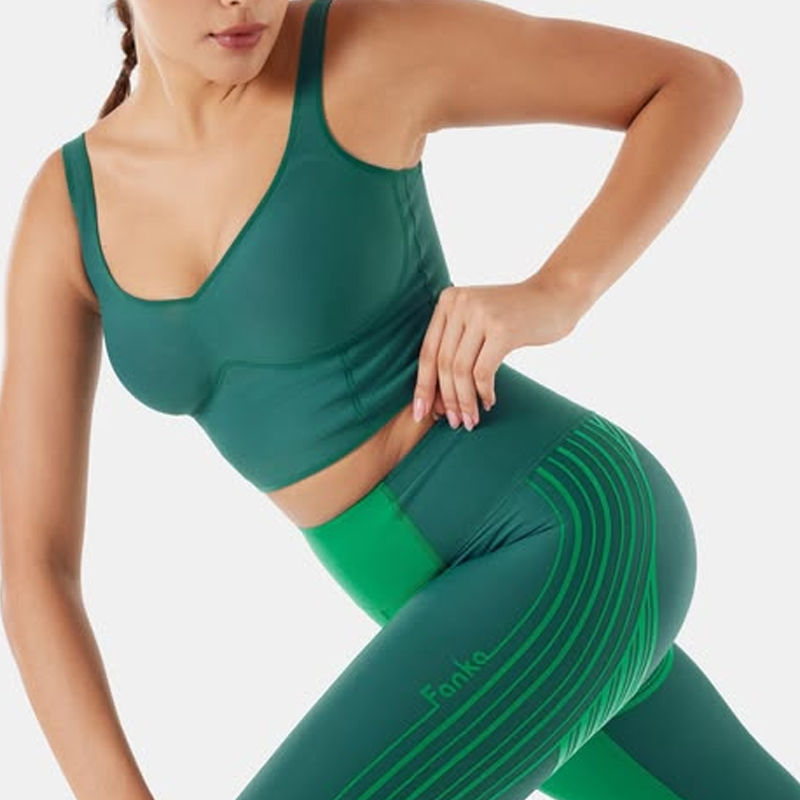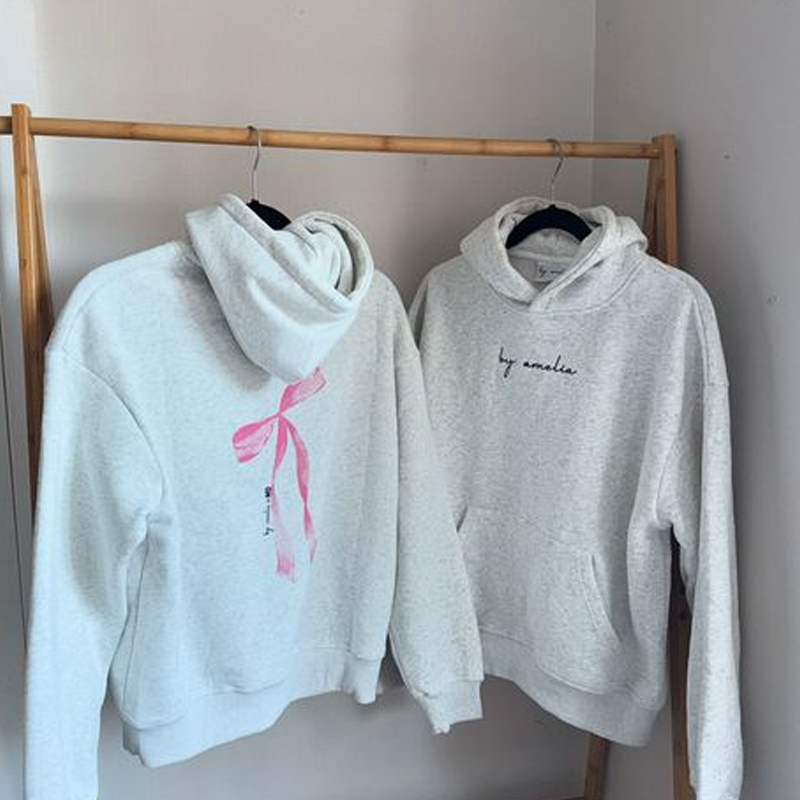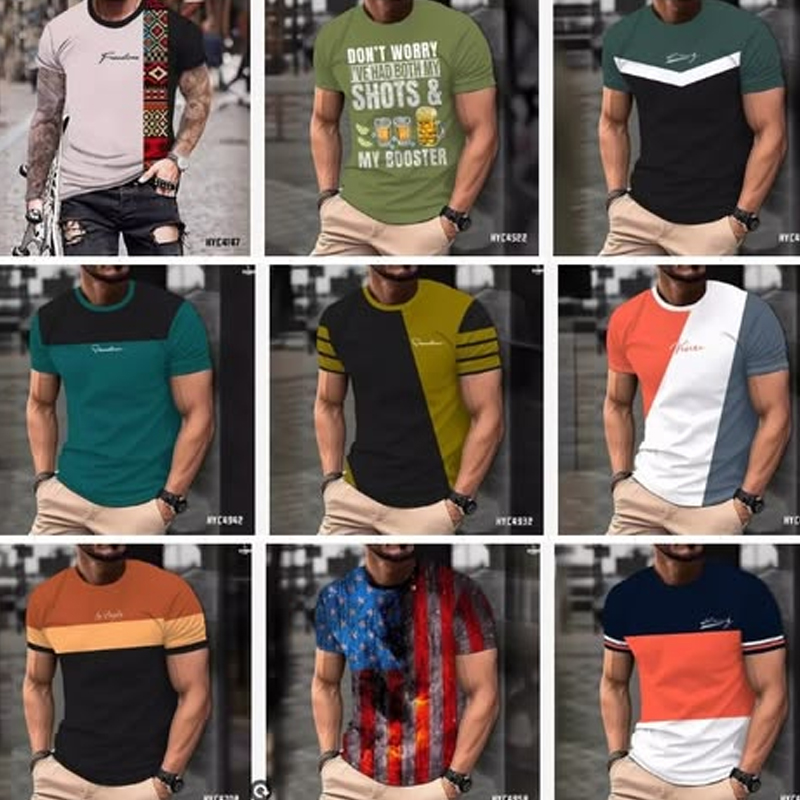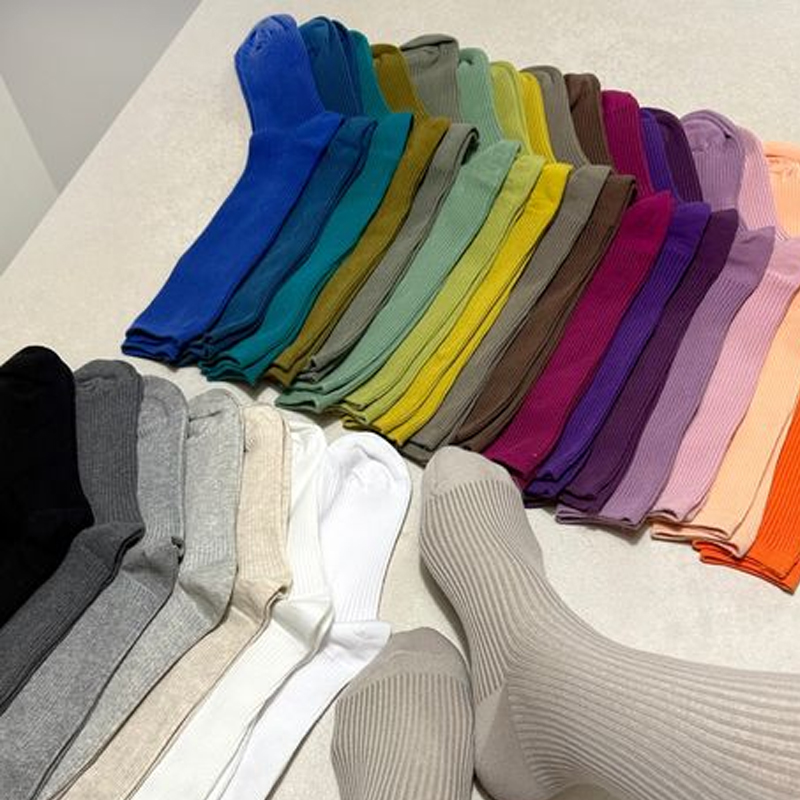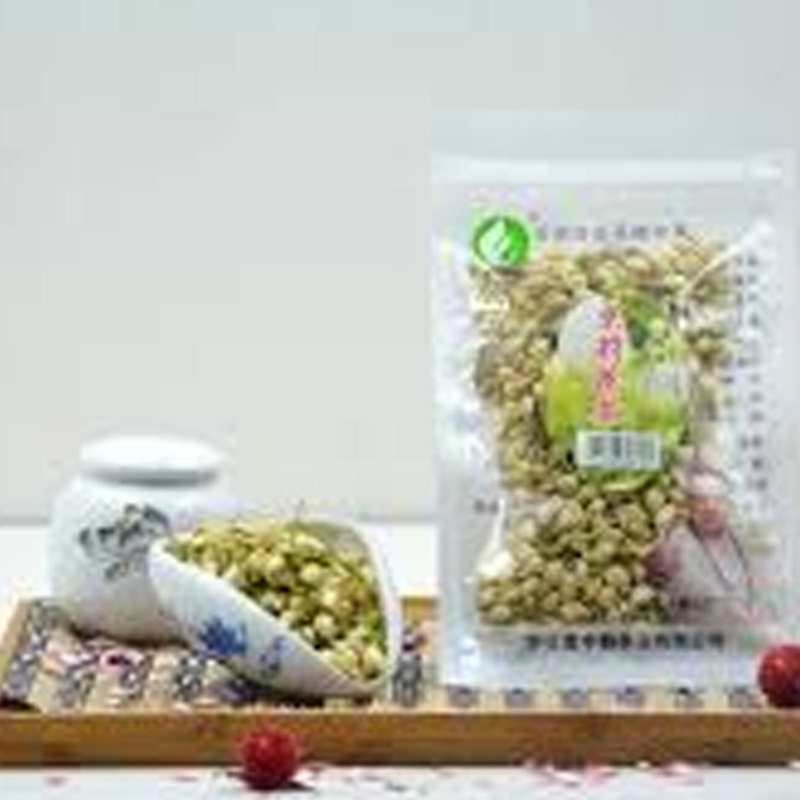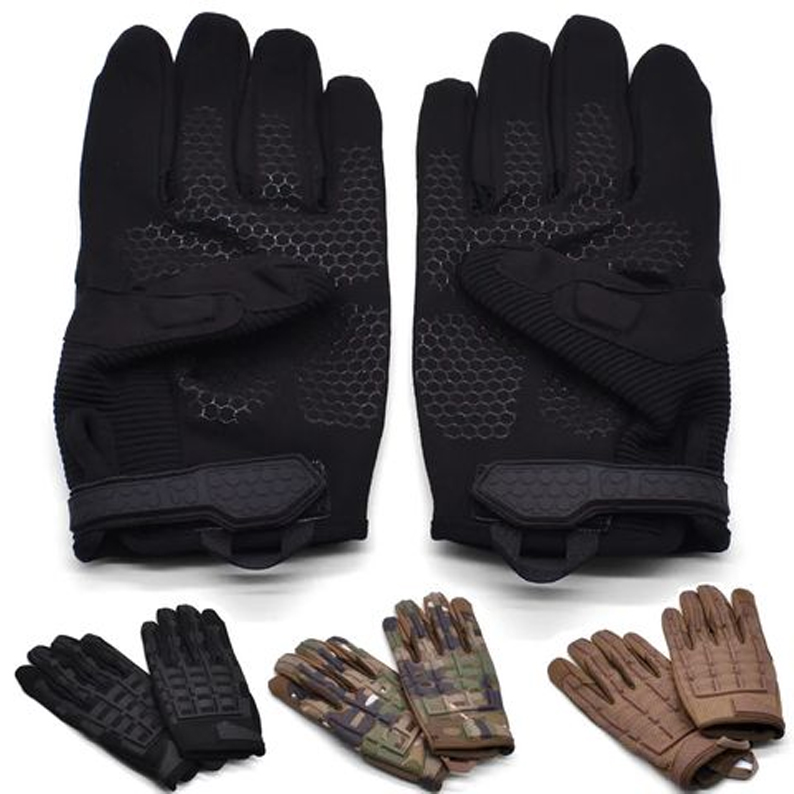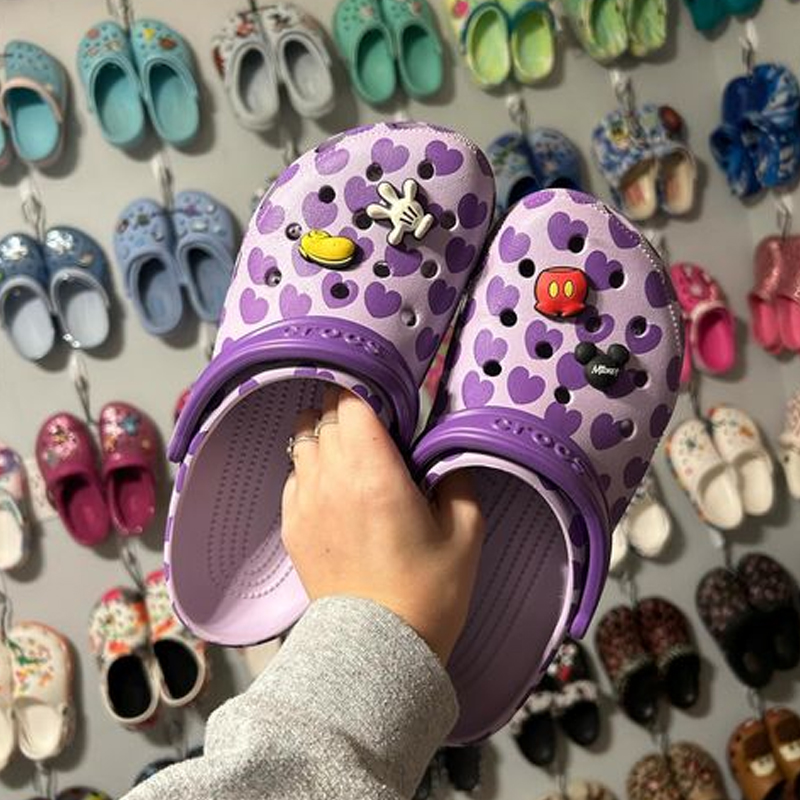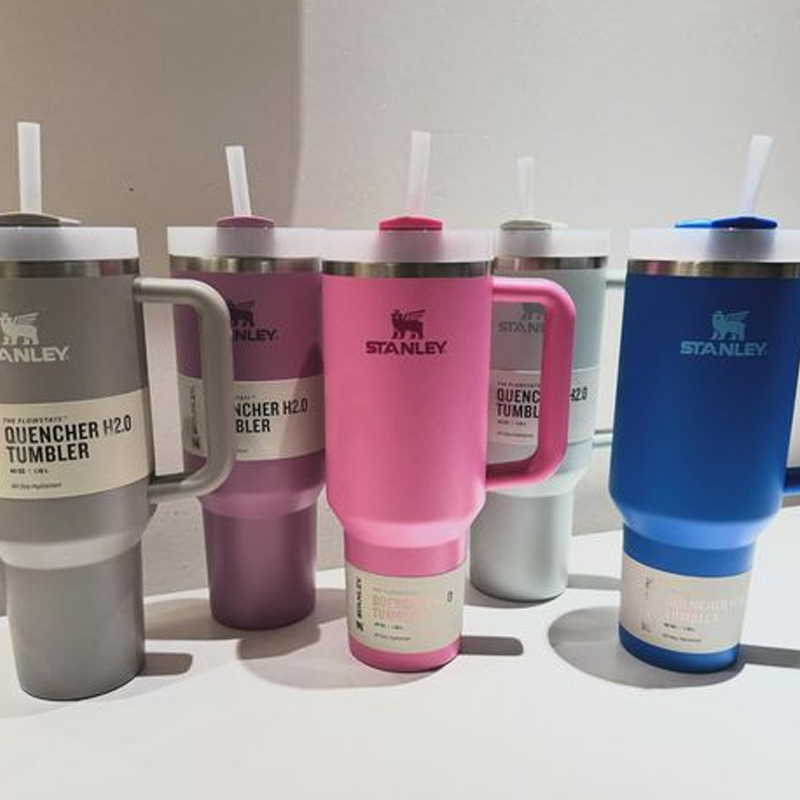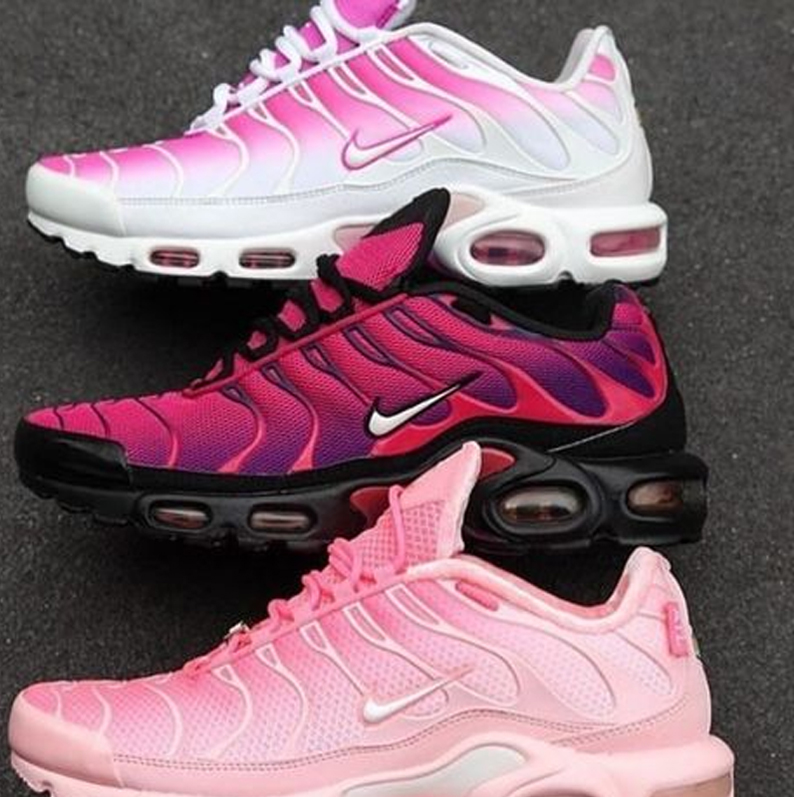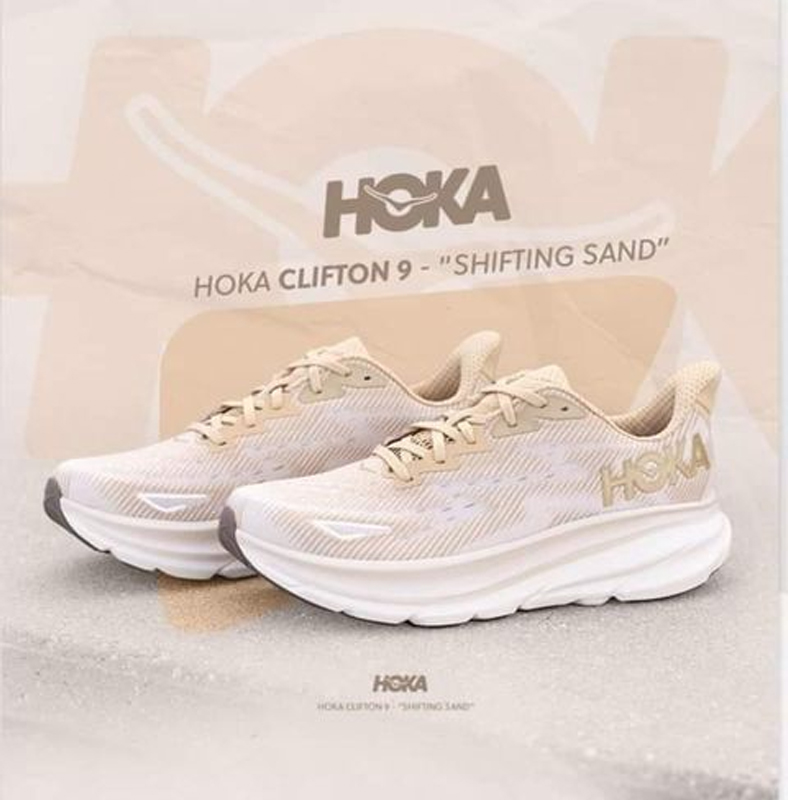Are you ready to make your mark in the booming sun care industry? This comprehensive guide will walk you through the ins and outs of creating your own private label sunscreen. From selecting the right sunscreen manufacturers to mastering SPF development, we’ll cover everything you need to know to launch a successful sun protection product. Dive in to discover the latest formula types, target market strategies, and sun care trends that will set your brand apart in this competitive landscape.
Key Takeaways: Your Roadmap to Sunscreen Success
- Understanding the diverse world of sunscreen manufacturers
- Mastering SPF development for effective sun protection
- Exploring various formula types to meet consumer demands
- Identifying your target market and crafting a winning brand identity
- Implementing rigorous quality testing procedures
- Developing a competitive pricing strategy
- Creating eye-catching packaging design
- Selecting the right ingredients for optimal performance
- Staying ahead of the latest sun care trends
Why Choose Private Label Sunscreen Manufacturing?
The global sunscreen market is projected to reach $10.7 billion by 2024, presenting a golden opportunity for entrepreneurs. Private label sunscreen manufacturing allows you to tap into this lucrative industry without the hefty investment in research and development. By partnering with experienced sunscreen manufacturers, you can create a unique product that aligns with your brand vision while benefiting from their expertise in SPF development and formula types.
Moreover, the sun care industry is constantly evolving, with consumers demanding more from their sunscreen products. From broad-spectrum protection to reef-safe formulas, there’s a growing need for innovative and environmentally conscious sun protection solutions. By entering the private label sunscreen market, you position yourself at the forefront of these exciting developments.
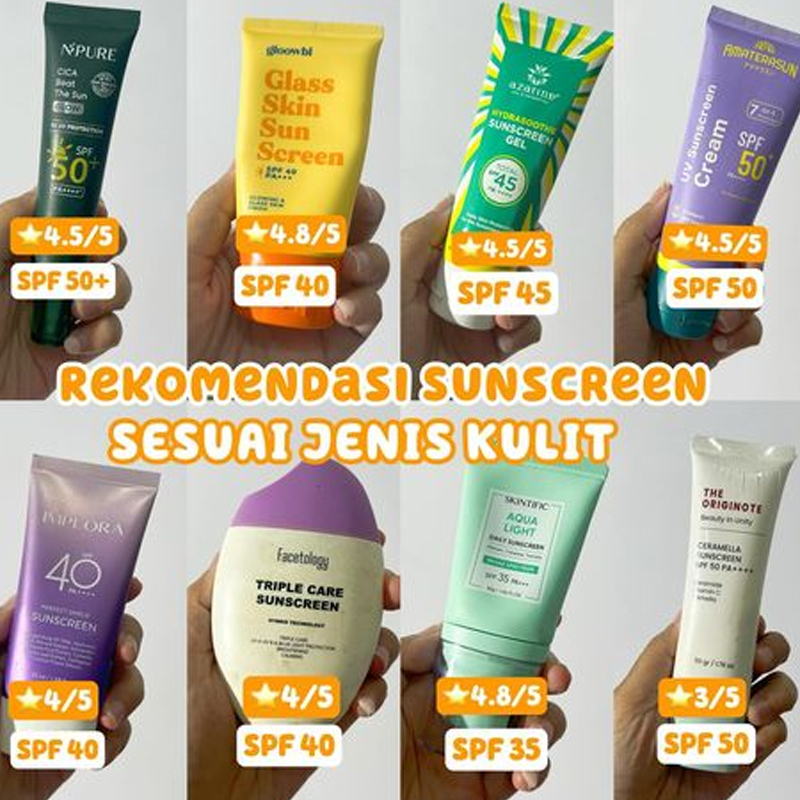
How to Choose the Right Sunscreen Manufacturer?
Selecting the perfect sunscreen manufacturer is crucial to your product’s success. Look for partners with a proven track record in SPF development and a wide range of formula types. Consider the following factors:
- Experience in producing broad-spectrum protection formulas
- Capability to create reef-safe formulas and other eco-friendly options
- Flexibility in developing non-greasy textures and tinted options
- Compliance with international regulatory standards
- Capacity to handle your desired production volume
Don’t hesitate to request samples and conduct thorough quality testing before committing to a manufacturer. Remember, your chosen partner will play a significant role in shaping your product’s performance and reputation.
What Are the Latest Innovations in SPF Development?
SPF (Sun Protection Factor) is the cornerstone of any sunscreen product. Recent advancements in SPF development have led to more effective and user-friendly formulations. Some cutting-edge innovations include:
- Photostabilized formulas: These offer longer-lasting protection, even in intense sunlight.
- Dual-action SPF: Combines UVA and UVB protection with skin-nourishing ingredients.
- Smart SPF technology: Utilizes UV index integrations to adjust protection levels throughout the day.
Collaborating with sunscreen manufacturers who are at the forefront of these innovations can give your product a competitive edge. Consider incorporating these advanced SPF technologies to meet the growing consumer demand for high-performance sun protection.
Which Formula Types Are Trending in the Sun Care Market?
The days of thick, greasy sunscreens are long gone. Today’s consumers expect diverse formula types that cater to their specific needs and preferences. Some popular options include:
| Formula Type | Key Features | Target Consumer |
|---|---|---|
| Lightweight Lotions | Non-greasy textures, fast-absorbing | Everyday users, office workers |
| Spray Sunscreens | Easy application, water-resistant | Active individuals, families |
| Tinted Sunscreens | Tinted options, makeup-like finish | Beauty enthusiasts, those with skin concerns |
| Stick Sunscreens | Portable, mess-free application | Travelers, sports enthusiasts |
When developing your product line, consider offering a range of formula types to cater to different consumer preferences and use cases. This diversity can help you capture a larger market share and appeal to a broader audience.
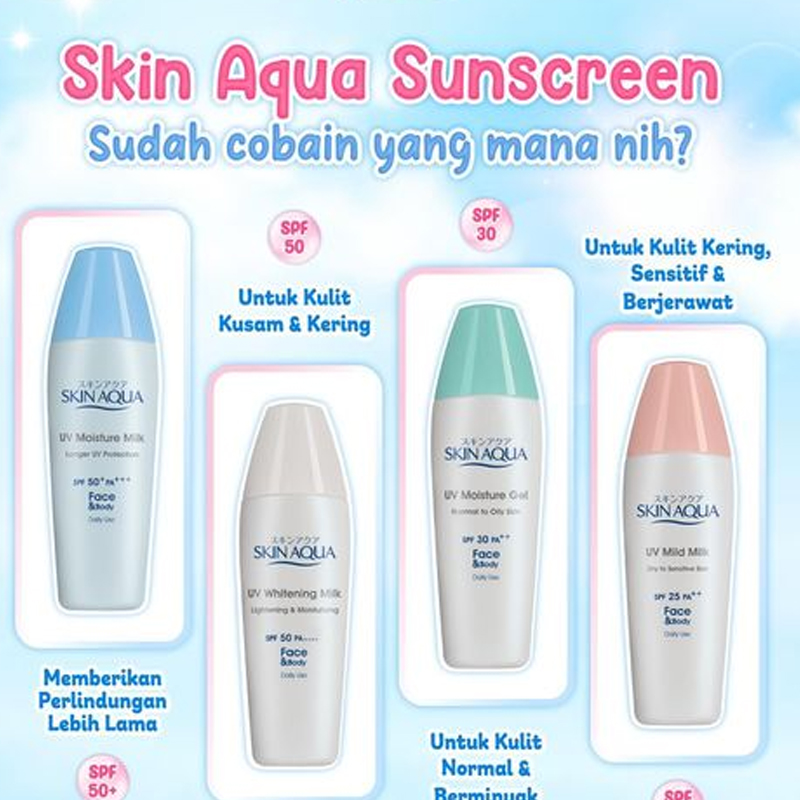
How to Identify and Target Your Ideal Sunscreen Market?
Understanding your target market is essential for crafting a successful sunscreen brand. Consider the following factors when defining your ideal customer:
- Demographics (age, gender, income level)
- Lifestyle factors (outdoor activities, travel habits)
- Skin concerns (sensitivity, acne-prone, aging)
- Environmental awareness (preference for reef-safe or eco-friendly products)
Once you’ve identified your target audience, tailor your product development, marketing strategies, and distribution channels accordingly. For example, if you’re targeting eco-conscious millennials, focus on developing reef-safe formulas and highlight your commitment to sustainability in your branding.
Consider partnering with dermatologists or skincare influencers to build credibility and reach your target market effectively. Utilize social media marketing and e-commerce platforms to engage with your audience and showcase your products.
What Quality Testing Procedures Are Essential for Sunscreen Products?
Quality testing is crucial in the sunscreen industry to ensure product safety and efficacy. Implement a rigorous testing protocol that includes:
- SPF testing: Verify that your product delivers the promised sun protection factor.
- Stability testing: Ensure your formula remains effective over time and in various conditions.
- Photostability testing: Confirm that your sunscreen maintains its protective properties when exposed to UV light.
- Skin irritation and allergy testing: Guarantee that your product is safe for a wide range of skin types.
- Water resistance testing: If applicable, validate your product’s water-resistant claims.
Collaborate with certified laboratories and follow international testing standards to ensure your sunscreen meets all regulatory requirements. Regular quality testing not only ensures product safety but also builds consumer trust and loyalty.
How to Develop a Competitive Pricing Strategy for Your Sunscreen Line?
Crafting the right pricing strategy is crucial for your sunscreen line’s success. Consider these factors when determining your product pricing:
- Production costs (including ingredients, packaging, and manufacturing)
- Competitor pricing in your target market segment
- Perceived value of your brand and unique selling propositions
- Distribution channels and associated costs
- Desired profit margins
Remember that pricing isn’t just about covering costs; it’s a powerful tool for positioning your brand in the market. Premium pricing can signal high quality and exclusivity, while competitive pricing can help you gain market share quickly.
Consider implementing a dynamic pricing strategy that allows for seasonal adjustments or special promotions. For example, you might offer discounts on seasonal releases or partner with beach resort partnerships for exclusive deals.
What Elements Make a Successful Sunscreen Brand Identity?
A strong brand identity sets your sunscreen line apart in a crowded market. Key elements to consider include:
- Brand name and logo: Choose a memorable name and design a logo that reflects your brand values.
- Color palette: Select colors that evoke sun protection and align with your target market preferences.
- Brand voice: Develop a consistent tone for all communications, from product descriptions to social media posts.
- Unique selling proposition: Clearly communicate what makes your sunscreen line special (e.g., advanced reef-safe formulas or innovative application tutorials).
- Brand story: Share your inspiration and mission to connect with customers on an emotional level.
Invest in high-quality product photography to showcase your sunscreen line in the best light. Develop a cohesive brand presence across all touchpoints, from your website to your social media marketing efforts.
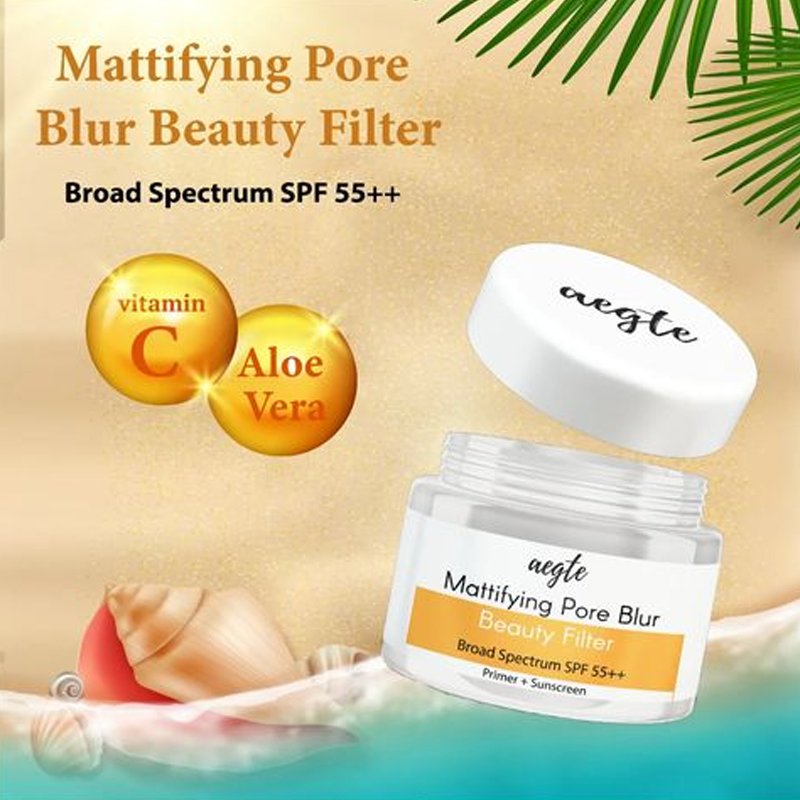
How to Create Eye-Catching Packaging Design for Your Sunscreen Products?
Packaging design plays a crucial role in attracting customers and communicating your brand values. Consider these elements when designing your sunscreen packaging:
- Functionality: Ensure the packaging is practical for use in various settings (e.g., beach, pool, outdoor activities).
- Visual appeal: Use colors, typography, and imagery that resonate with your target market.
- Information clarity: Clearly display SPF ratings, key ingredients, and usage instructions.
- Sustainability: Consider eco-friendly packaging options to appeal to environmentally conscious consumers.
- Brand consistency: Align your packaging design with your overall brand identity.
Don’t forget to consider practical aspects such as inventory management when designing your packaging. Opt for designs that are easy to store, ship, and display in retail environments or e-commerce platforms.
What Are the Key Considerations for Ingredient Selection in Sunscreen Formulation?
Ingredient selection is critical in developing an effective and appealing sunscreen product. Key factors to consider include:
- UV filters: Choose a combination of chemical and/or physical filters for optimal broad-spectrum protection.
- Skin-nourishing additives: Incorporate ingredients like antioxidants or moisturizers for added skincare benefits.
- Texture enhancers: Select ingredients that contribute to non-greasy textures and pleasant sensory experiences.
- Natural vs. synthetic: Decide on the balance between natural and synthetic ingredients based on your brand positioning.
- Allergen considerations: Be mindful of common allergens and consider hypoallergenic formulations.
Stay informed about regulatory requirements and consumer preferences in your target markets. For example, some regions may have restrictions on certain UV filters or require reef-safe formulas. Collaborating with experienced dermatologists can help ensure your ingredient selection aligns with skin health best practices.
What Are the Emerging Sun Care Trends to Watch?
Staying ahead of sun care trends is essential for maintaining a competitive edge. Some emerging trends to consider include:
- Multi-functional products: Sunscreens that offer additional skincare benefits like anti-aging or acne treatment.
- Tech-enhanced sun protection: Products that integrate with UV index integrations or wearable devices for personalized protection.
- Clean and natural formulations: Increasing demand for sunscreens with natural, organic, or “clean” ingredients.
- Inclusive sun care: Products catering to diverse skin tones, including tinted options for all complexions.
- Sustainable packaging: Growing interest in eco-friendly packaging and refillable options.
Keep an eye on customer reviews and industry reports to stay informed about evolving consumer preferences. Consider incorporating these trends into your product development and marketing strategies to stay relevant in the fast-paced sun care market.
Ready to Launch Your Sun-Kissed Success Story?
Embarking on your private label sunscreen journey is an exciting venture with immense potential. By partnering with the right sunscreen manufacturers, mastering SPF development, and staying attuned to market trends, you can create a sunscreen line that stands out in the competitive sun care industry.
For those considering Chinese factories as a reliable support for your business, BuyFromChinaDirect offers expert sourcing solutions to help you navigate the complexities of international manufacturing. Our team can connect you with reputable sunscreen manufacturers, assist with quality control, and streamline your supply chain, allowing you to focus on building your brand and delighting your customers.
Remember, success in the sunscreen market is all about balancing innovation, quality, and consumer needs. With the right approach and partners, your private label sunscreen line can shine bright in the sun care industry. So, are you ready to make your mark and help consumers stay protected under the sun?



